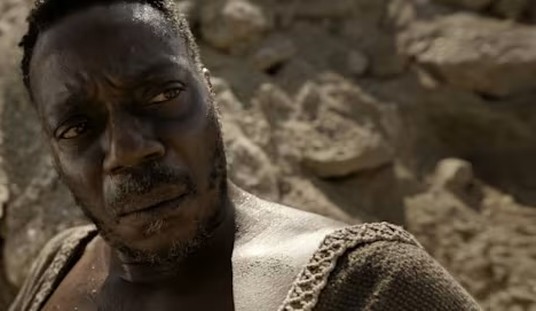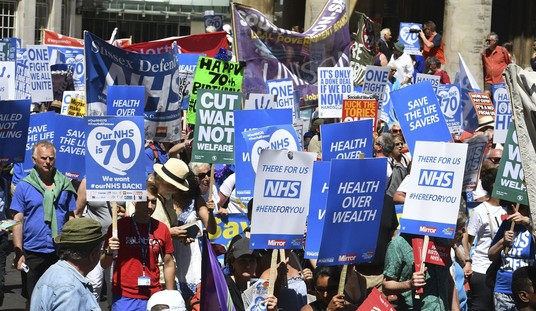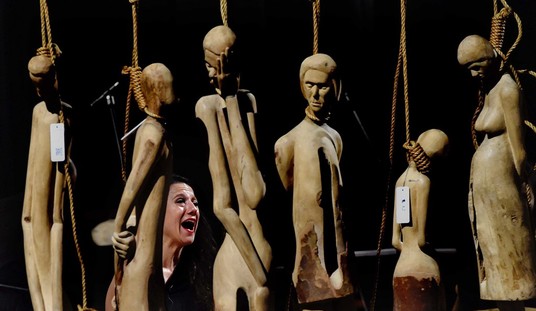Before I left for Ames last week, I heard plenty of criticism about the Iowa GOP’s straw poll and the attention paid to it. After spending most of a week in Iowa, I think the critics had a point, but missed the larger picture. It’s true that the process might not accurately predict the eventual GOP presidential nominee, but it did force the candidates to put themselves on the line in ways that they hadn’t until last week, as I write in my column today for The Week:
Clearly, then, the Iowa events were not meaningless, even if just in the specific outcome for Pawlenty. But the poll also served as a test of organizational strength for the campaigns — at least those who competed. It forced the GOP hopefuls to focus on retail politicking, the kind that rewards candidates when the real caucuses come this winter, rather than on big fundraisers and media appearances. Don’t discount the impact that had on the tone of the debate, either. Candidates conducting this kind of retail politicking had to draw explicit comparisons to their competition while trying to convince potential attendees to show up and support them. The debates would have become combative eventually as we got closer to 2012, but it doesn’t surprise me at all that the first no-holds-barred imbroglio took place in Ames.
The results had their nuances as well. For instance, the Michele Bachmann campaign announced earlier in the day that it had given away 6,000 tickets to potential supporters, which at $30 a pop had a face-value of $180,000. Although Bachmann won the straw poll, she received 4,823 votes, which meant that Bachmann lost around 20% of the people she brought to the event. Paul, who finished just 150 votes behind Bachmann for second place, held onto nearly all of the votes he brought to the straw poll.
For those who argue that Perry’s announcement from South Carolina during the voting alienated Iowa Republicans, the vote provided a significant and meaningful indicator as well. Perry was not listed on the ballot, but got 718 write-in votes out of 16,982 cast. That put Perry 151 votes ahead of frontrunner Mitt Romney, who had decided not to compete for votes in the straw poll but whose name was on the ballot. Romney had campaigned in Iowa during the week, speaking at the state fair as the other candidates did and traveling to meet voters, and still finished behind the only write-in to get 1 percent or more of the vote.
After the straw poll and the Waterloo event, it became fairly clear that Perry would do some damage to both Romney and Bachmann, which today’s Rasmussen poll corroborates. Romney may not have participated in the straw poll, but the GOP had his name on the ballot, and the campaign did some politicking in the state prior to the event. Perry, without having made a single appearance and without putting himself on the ballot, still managed to beat the presumed frontrunner at that point in time.
I spent almost all my time in small towns last week, with a brief exception for the state fair in the suburban Des Moines area. I watched a few events and saw the interaction of candidates and voters, and I came away impressed with Iowa as one testing ground. The dynamics of the winter caucus really requires retail politicking skills, and not every candidate proved adept at it.
The Ames poll doesn’t mean everything, but it didn’t mean nothing, either.








Join the conversation as a VIP Member